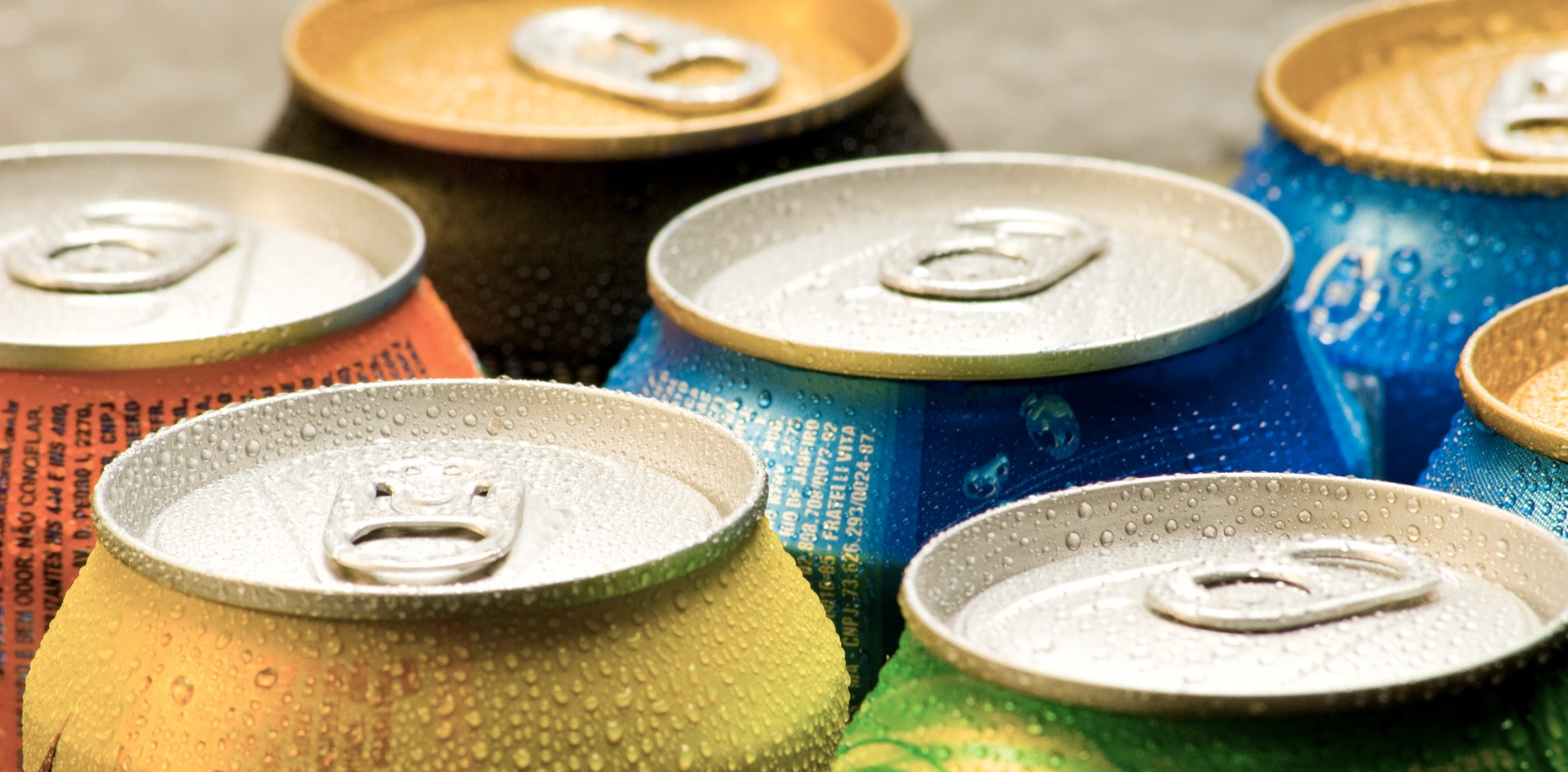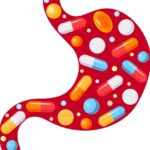Ma’am, please step away from the sugary beverage.
Sugary drinks may be putting younger women at an elevated risk of colorectal cancer, say researchers and public health experts, renewing the call for sustainable strategies to reduce youth sugar intake.
According to research published in Gut, consuming two or more servings a day of sugar-sweetened beverages such as soft drinks, energy drinks or sweetened tea is associated with a two-times-higher risk of early-onset colorectal cancer in women.
For teenage girls, each incremental serving per day was associated with a 30% higher risk of developing colorectal cancer before the age of 50.
Fruit juice enthusiasts, however, can breathe a sigh of relief – neither fruit juice nor artificially sweetened beverage intake in adulthood had any association with the cancer.
“Of note, substitution of reduced-fat milk or total milk for [sugar sweetened beverages] appeared to be especially beneficial in lowering early onset colorectal cancer risk, which may point to the protective role of milk and calcium against early onset colorectal cancer, as with that in colorectal cancer among older adults,” the University of Washington researchers wrote in Gut.
The findings follow an analysis of results from the large, ongoing nurses’ health study, which involves about 100,000 female nurses who were aged between 25 and 42 when the study started back in 1989. The study has involved the assessment of various lifestyle factors including dietary intake every four years.
In relation to their findings, the study authors suggested that fructose, as a major component of the two primary sweeteners used, was the main culprit in the interaction between sweet drinks and cancer.
The findings reinforced the “public health importance of limiting sugar sweetened beverage intake”, they said.
This research comes just months after the AMA renewed its call for the Commonwealth to introduce an excise tax based on the sugar content of certain beverages at a rate of $0.40/100g sugar.
This would raise the retail price of sugary drinks by about 20%.
Recent figures reveal that a similar tax levied in the US city of Seattle in 2018 caused sweetened beverage sales to fall by 20% in the first year following the implementation of the tax.




